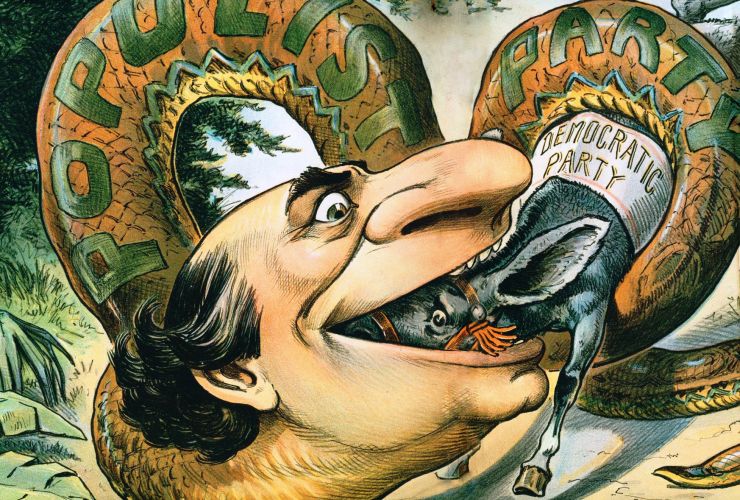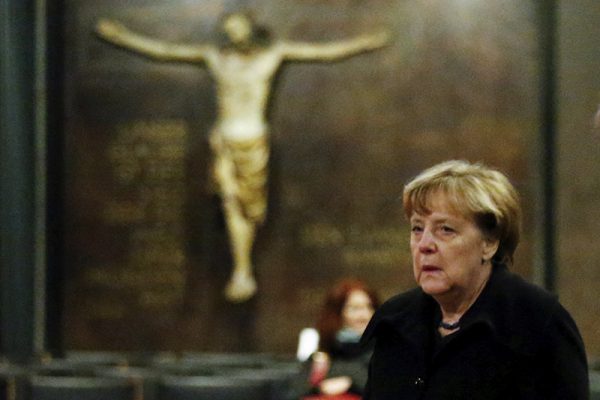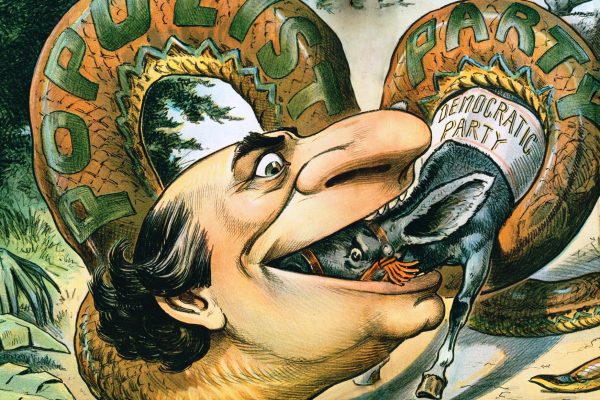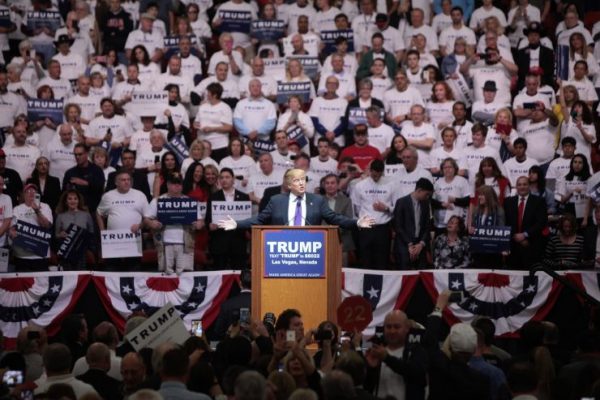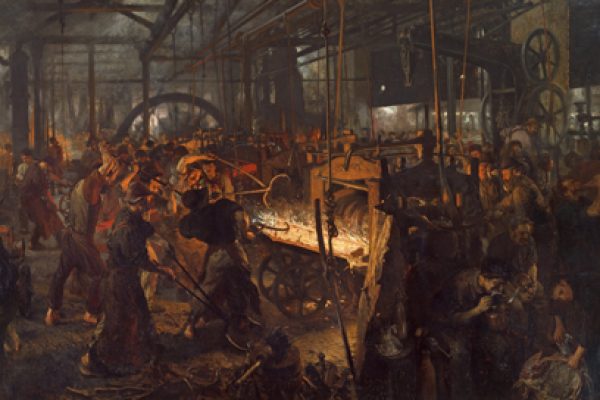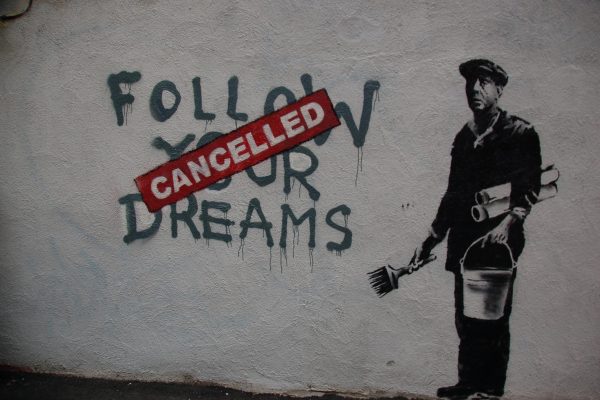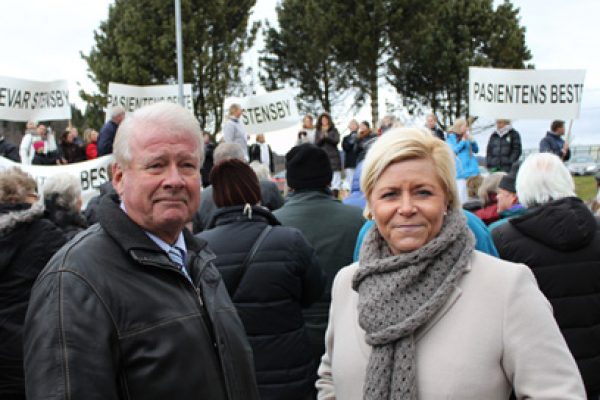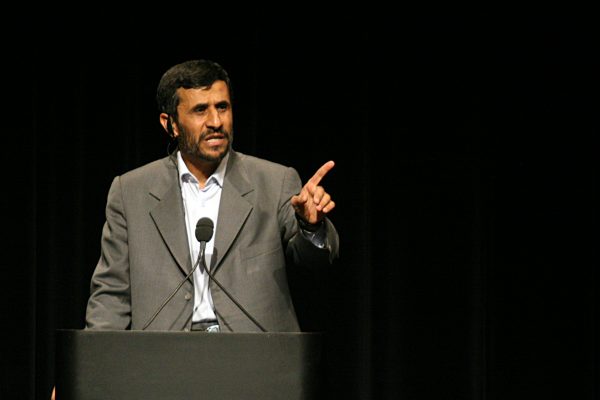In the UK, much to the Prime Minister’s chagrin, the House of Commons approved another delay to Brexit this week. In response, the government trotted out its favorite sound bite: this is just another example of “the people versus parliament.”
Intended to tap into populist disdain for the elite, this canny messaging strategy from Boris Johnson and his team raises questions about the nature of populism. For instance, if workers are angry with market-driven inequalities, why are they gravitating towards leaders who are cozy with crony capitalists?
The essays in today’s reading list seek to answer this question and more, deftly peeling back the perfunctory explanation of populism as simply “anti-elite” sentiment. David Runciman argues that populism is a product of peace; Jan-Werner Müller contends that it is not anti-establishment but anti-pluralist; Cas Mudde writes that Trump is not a populist; and Jason Frank believes that the term is a trojan horse that distracts us from the real causes of democratic decline.
We’re also excited to bring you a brand new essay from Udi Greenberg on the relationship between populism and Christian Democracy. The political philosophy embraced by Germany’s leading party helped reunite Europe after World War II, but can it guide us safely away from today’s populism—or did it cause it?
The political philosophy embraced by Germany’s leading party helped reunite Europe after World War II. Can it guide us safely away from today’s populism—or did it cause it?
The charge of populism says at least as much about those making it as it does about their opponents.
Joshua Cohen talks to David Runciman about his book How Democracy Ends.
The very forces that sustain populist politics could eventually undermine populism.
Trump shows us that populism is not the same as legitimate protest—or democracy.
Brexit is an episode in the long contest between rulers and the working class.
Plutocracy, not global competition, harms the middle class.
